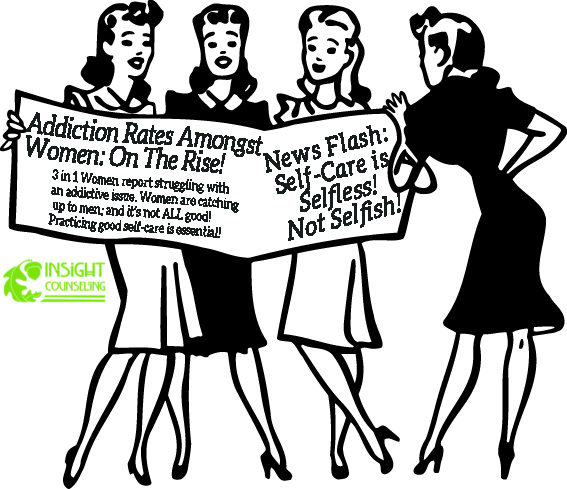“Women & Recovery:” The Social & Personal Barriers Women Face When Seeking Treatment
In this episode of Straight Talk, the Sober Chicks discuss some of the barriers women face when seeking treatment for their struggles with addiction. We discuss some of the personal shame that women feel when admitting they have an addictive issue and some of the social constructs that often prevent or delay women from getting the treatment they need. In this episode, you’ll learn some of the risk factors for women and just how powerful it can be when women come together to support each other in treatment. Women are finally catching up to man in many respects, unfortunately, one of those things happens to be in the rates of reported addictive disorders.

Struggles with Self-Shame & Societal Shame:
Many women struggle with self-shaming tendencies when it comes to seeking treatment or even acknowledging they have a problem. We’ve heard from clients who say they feel an obligation to bear the burden of their familial responsibilities and would feel ashamed and weak if they had to take time for themselves to seek treatment. Many women are in caregiving roles and feel guilty over the thought of possibly taking time away from their families to go to treatment or even acknowledge they might be struggling with maintaining a healthy lifestyle. The same type of sentiment exists with professional women who feel like they have worked too hard to overcome barriers in the workplace, that taking the time to seek treatment would set them back. The guilt expressed by many female patients tends to be linked the sentiment that women “aren’t allowed” to take time away from their family or job. Many of our male clients don’t struggle as frequently with these issues; socially it seems more acceptable for a man to express that he is struggling with an addictive issue than a woman.
The Telescoping Phenomenon
Many women have also fallen prone to what is known as the “telescoping phenomenon.” This term describes the relatively short term progression from substance use to substance dependence or abuse. In many cases, we see women, often starting in their 30’s, experience a dramatic life change; whether it be divorce or empty nest syndrome, they go from using a substance to abusing the substance. In the past women have had lower rates of addictive behavior, in recent years women are unfortunately catching up to men in this regard. More women are seeking treatment for addiction issues and quite often the telescoping phenomena is reported. Here is a great study that explores some of the most recent statistics and observations: Substance Abuse in Women
Single-Sex Therapeutic Environment
An all female environment has proven to be an excellent form of treatment for women dealing with any mental health issue, particularly addiction

treatment. Here at Insight Counseling, we offer a women’s support group and have observed in our own sessions the powerful change that comes with an all female environment. Women tend to offer one another care and support and challenge one another in ways we don’t often see from their male counterparts. For more information or to register for our Women’s Recovery Group, please contact our Office Manager at (203) 431-9726 ext. 0.
Self-Care Isn’t Something to Feel Guilty About
Women often sacrifice self-care; even women that aren’t faced with an addictive disorder often sacrifice their own well being for the happiness of others. It’s a social construction that women are the main caregivers and family/work obligations come first. Many women experience anxiety or guilt over taking time for themselves. In our own observations sometimes having an addiction disorder that demands  treatment is a welcomed reprieve from daily obligations; many women feel almost grateful to have an “excuse” for taking care of themselves. The lack of self-care and the sacrifice that so many women make for the happiness of others can often lead to the development of an addiction disorder and other mental health issues. If more women realized that self-care is the least selfish thing one can do, then we would all be happier and healthier! The best thing for you to do is to take care of yourself so you can care for others; it’s not selfish, it’s selfless!
treatment is a welcomed reprieve from daily obligations; many women feel almost grateful to have an “excuse” for taking care of themselves. The lack of self-care and the sacrifice that so many women make for the happiness of others can often lead to the development of an addiction disorder and other mental health issues. If more women realized that self-care is the least selfish thing one can do, then we would all be happier and healthier! The best thing for you to do is to take care of yourself so you can care for others; it’s not selfish, it’s selfless!
Remember to take your sobriety seriously, but not yourselves too seriously!
– The Sober Chicks, Liz & Sarah
If you, or someone you know, is struggling with addiction or any other mental health issue please feel free to contact us. Insight Counseling is located in Ridgefield, CT, we have a great team of mental health professionals that can help. Contact us through email at info@insightcounselingllc.com, or call: 203-431-9726.
Podcast (straight-talk-from-the-sober-chicks): Play in new window | Download
Subscribe: Apple Podcasts | RSS | More
